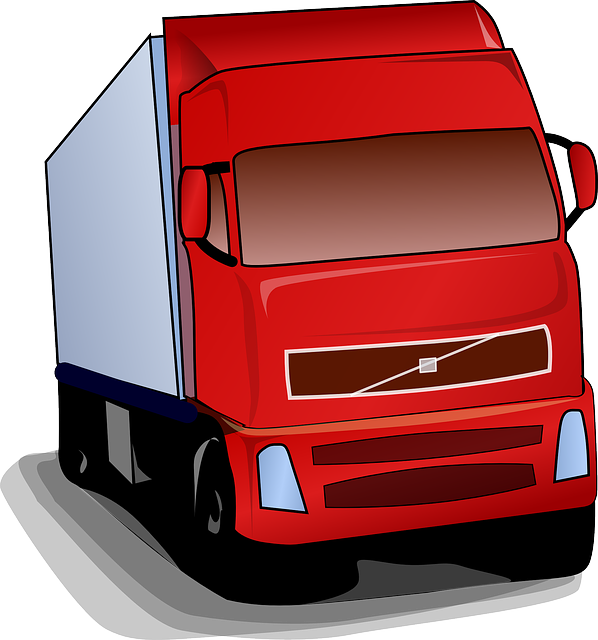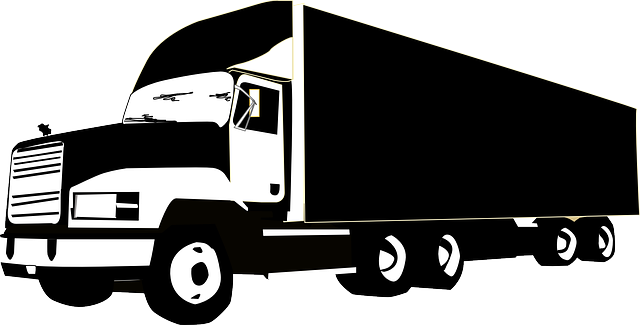5 Key Takeaways for 2025
- New Enforcement Agency Name: As of July 1, 2025, the Georgia Motor Carrier Compliance Division has been renamed Commercial Vehicle Enforcement (CVE) following the passage of House Bill 116. They continue to oversee safety but with a renewed focus on strict roadside inspections and compliance.
- Stricter Federal Regulations: The FMCSA has rolled out a new registration system for 2025 and is aggressively removing non-compliant Electronic Logging Devices (ELDs) from the approved list, making it easier to catch drivers falsifying logbooks.
- Autonomous Vehicle Liability: With self-driving trucks becoming legal on Georgia roads (under SB 219), liability is shifting. Accidents may now involve "product liability" claims against software manufacturers rather than just driver negligence.
- Rising Fatality Rates: While national traffic deaths have seen slight declines, Georgia remains dangerous. Preliminary 2024 data suggests roughly 1,600–1,800 annual traffic fatalities, with heavy truck accidents remaining a leading cause of severe injury.
- Nuclear Verdicts & Insurance: Due to recent "nuclear verdicts" (jury awards exceeding $10 million), insurance companies are fighting harder than ever. Commercial carriers now face higher scrutiny regarding their hiring practices and vehicle maintenance history.
Georgia continues to face significant challenges on its roadways. Recent data indicates the state consistently ranks among the highest in the nation for traffic fatalities. Because Georgia is a major logistics hub with a rapidly growing population, accident rates remain disproportionately high in both the metro Atlanta area and rural corridors.
For professional drivers, the risks are equally stark. The Bureau of Labor Statistics reported that in 2023, transportation incidents remained the leading cause of fatal occupational injuries, accounting for nearly 1,500 deaths nationwide.
Chances are high that at some point in your life you will be in an accident involving a commercial vehicle. This includes everything from an 18-wheeler to a rideshare vehicle or delivery van. Even what seems to be a minor collision can result in life-altering consequences.

What Vehicle Designation Makes It a Commercial Accident?
Any vehicle whose main purpose is transporting passengers or commercial products is a commercial vehicle. This includes buses, delivery vans (like Amazon or FedEx), semi-trucks, tractor-trailers, taxi services, and construction vehicles.
If you are in an accident and believe the other vehicle is used for commercial purposes, you need to contact a commercial truck accident attorney immediately. The legal landscape has shifted significantly in 2025, and you need a specialized advocate to evaluate your case.
1. Determination of Liability & New Technology
When you are in a collision with a commercial truck, the driver is often employed by a trucking company or logistics organization. Liability is rarely limited to just the driver.
Your attorney will conduct a deep investigation into the crash. In 2025, this involves more than just skid marks; it involves digital forensics. Attorneys now pull data from the truck's "black box" (ECU), dash-cam footage, and Electronic Logging Devices (ELDs) to prove negligence.
Note: Recent recalls in 2024–2025 involving major truck brake systems highlight how mechanical defects are a growing source of litigation.
The Driver: Must exercise defensive driving and ensure the vehicle is safe.
The Carrier/Employer: Responsible for hiring, training, and maintaining the fleet. New for 2025, carriers must ensure drivers are not in "prohibited status" in the federal Drug & Alcohol Clearinghouse.
The "Loader": If the cargo was sealed before the driver picked it up, the company that loaded the shipment might be liable for shifting cargo that caused a crash.
The Manufacturer (Product Liability): With the rise of autonomous and semi-autonomous trucks, liability is shifting. If a truck’s automatic braking system or lane-keep assist failed, the manufacturer of that software or part may be liable.

2. Difference in Size and Cargo
Commercial trucks typically weigh between 26,000 and 80,000 pounds. In contrast, the average passenger car weighs about 4,000 pounds. This disparity—a force multiplier of 20x or more—means that the occupants of the passenger car almost always suffer the worst damage.
Your lawyer must understand the physics of these crashes to negotiate the best settlement. They must also know the specific insurance minimums, which for commercial vehicles are significantly higher (often $750,000 to $5,000,000+) than the standard $25,000 Georgia consumer minimum.
3. Extent of Injuries
When a car collides with a commercial truck, the risk of catastrophic injury increases exponentially. Common injuries in these cases include:
- Paralysis and spinal cord damage
- Loss of limbs (amputation)
- Severe burns
- Traumatic Brain Injury (TBI)
In 2025, the cost of medical care has risen sharply. A settlement that seemed adequate five years ago may no longer cover a lifetime of care. Your attorney will seek damages for future medical bills, lost earning capacity, and pain and suffering to ensure your financial future is secure.

4. Commercial Driver's Licensing (CDL) Rules
To operate a vehicle over 26,000 pounds, carry hazardous materials, or transport 16+ passengers, a driver generally needs a Commercial Driver's License (CDL).
However, not all commercial vehicles require a CDL.
Rideshare/Taxi: Georgia has specific requirements for taxi and rideshare drivers, including background checks and vehicle inspections, even if a CDL isn't required.
Delivery Vans: Drivers for many "last-mile" delivery services often do not need a CDL, yet they are under immense pressure to meet delivery quotas.

5. Georgia Law Regarding Commercial Vehicles
Georgia uses both state and federal laws to regulate commercial vehicles. A major change occurring in 2025 is the renaming of the state enforcement body.
Key Regulatory Bodies:
- Federal: Federal Motor Carrier Safety Administration (FMCSA).
- State: Formerly the Motor Carrier Compliance Division (MCCD), this agency is renamed Commercial Vehicle Enforcement (CVE) effective July 1, 2025, following the passage of House Bill 116.
Intrastate vs. Interstate:
- Intrastate (Georgia only): Includes local logging trucks, dump trucks, and municipal vehicles.
- Interstate (Cross-country): Includes long-haul semis, Greyhound buses, and national delivery fleets (UPS/FedEx).
Hours of Service & Compliance: Strict federal rules limit how long drivers can stay behind the wheel (generally 11 hours driving after 10 hours off). In 2025, the FMCSA has begun removing non-compliant ELD devices from the registered list, meaning attorneys can now more easily prove if a trucking company was using "bootleg" devices to cheat on driving logs.
Schedule a Consultation With a Commercial Vehicle Accident Attorney
When you suffer injuries in a commercial accident, you need an attorney who is up-to-date on 2025 regulations, including the new Commercial Vehicle Enforcement standards and autonomous vehicle liability laws.
We analyze factors such as:
- Exceeded Hours of Service (HOS)
- Falsified electronic logs
- Negligent entrustment (hiring drivers with bad records)
- Failure to maintain brakes/tires (referencing recent major recalls)
- Distracted driving
Contact Georgia Auto Law for a free case evaluation. We offer live support 24/7 in English or Spanish.

Updated FAQs for 2025:
1. What qualifies as a commercial vehicle in a car accident?
Any vehicle primarily used for transporting passengers or goods. This includes semi-trucks, delivery vans (Amazon/FedEx), buses, construction vehicles, and even rideshare vehicles while on duty.
2. How does determination of liability work in 2025?
Liability often extends beyond the driver to the trucking company, the cargo loader, or even the manufacturer of the truck's safety software. Attorneys now use "black box" data and dash-cam footage to prove fault.
3. What new laws affect commercial accidents in Georgia?
Effective July 1, 2025, the Motor Carrier Compliance Division is renamed Commercial Vehicle Enforcement (CVE). Additionally, new FMCSA rules regarding ELD compliance and the Drug & Alcohol Clearinghouse make it harder for unsafe drivers to hide their history.
4. How do autonomous vehicles affect my accident claim?
If you are hit by a truck using self-driving technology, you may have a product liability claim against the software developer or manufacturer, in addition to a negligence claim against the carrier.
5. Why are injuries in these accidents so severe?
The massive weight difference (80,000 lbs vs. 4,000 lbs) transfers immense force to the passenger vehicle. This frequently results in catastrophic injuries like TBI, spinal cord damage, and loss of limbs, requiring significantly higher settlements to cover lifetime care.

